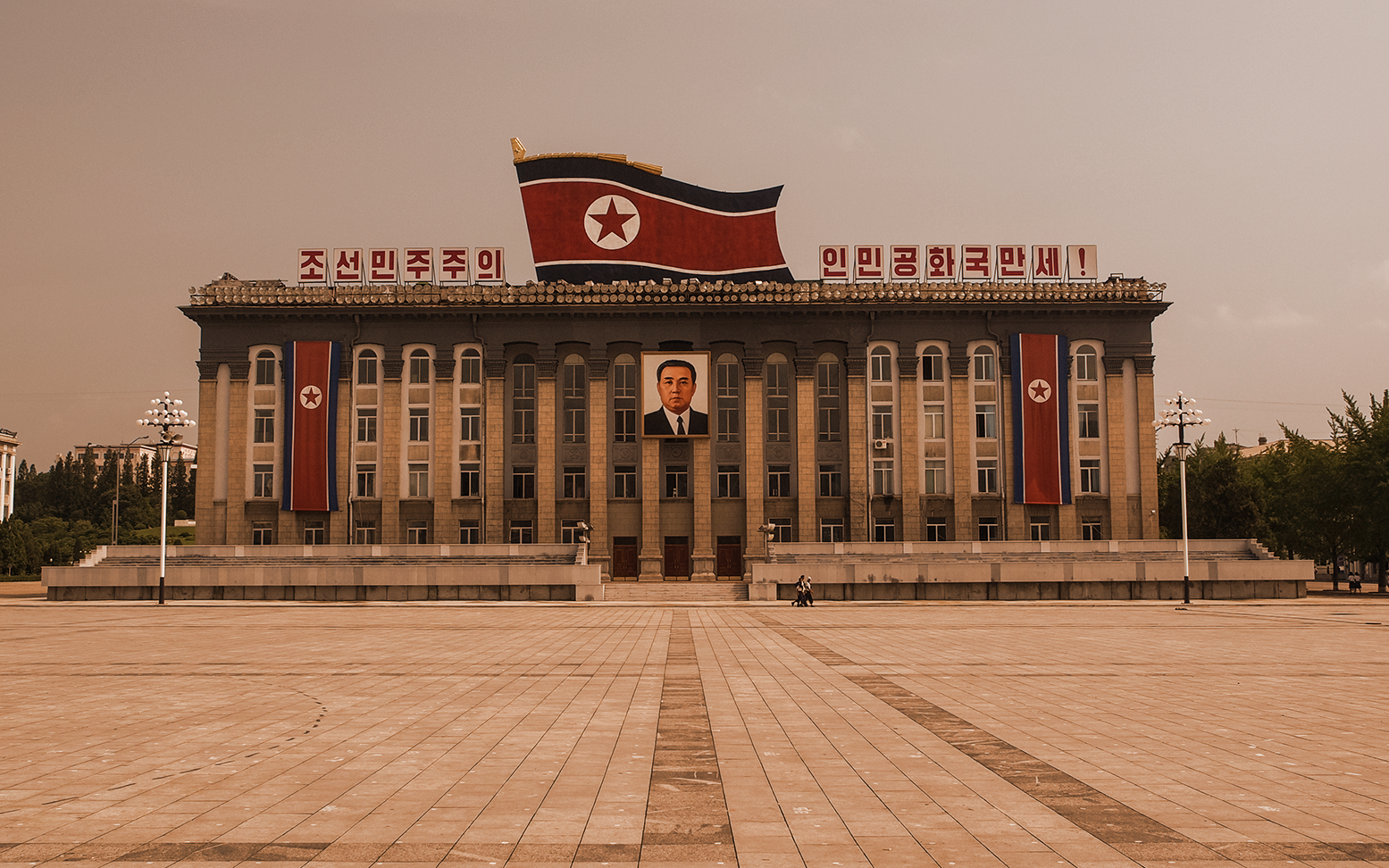Editor's Note: If you are ready to write your letter to Christians who have experienced persecution in North Korea, click here. If you want to learn why we are focusing on North Korea, read on and watch this video.
With Engage focusing this year’s Orange Letter Campaign on North Korea, we decided to do a bit of research on what many call the Hermit Kingdom. Glimpsing into its rich and storied history will give us all a greater understanding of its culture and help us pray for Christians there.
When most of us think of the Korean peninsula we think of two sovereign states: communist North Korea and capitalistic South Korea. But that is a very modern reality.
For centuries, the Korean peninsula was united in religion, language, and culture. The three primary religions were Confucianism, Shamanism, and ancestral worship. I found a very succinct telling of the Korean Peninsula story here that begins in 668 AD.
But for our purposes, let’s begin in 1910 when Japan invaded the peninsula and officially annexed it as part of its empire expansion. Japan held the land until its defeat in World War II. As the dust settled from war, the Allied powers disassembled the empire. Korea was a particular point of contention.
The eventual compromise was to split the peninsula at the 38th parallel with Russia controlling the north and America the south. This arbitrary border still separates the countries today.
America helped establish a democratic republic government with a capitalistic economy in the south while Russia instituted the Kim dynasty and communism.
After 1945, North Korea began going silent. The Kim dynasty separated itself from most of the world and did its best to separate its people from any outside influence. Then Kim Il-sung attacked South Korea and the Korean War began. America, capitalism, and South Korea were not particularly liked by the Kim dynasty before the war, but afterward, they were hated.
The North Korean government never favored religious freedom, but after the armistice was signed on July 27, 1953, its leaders began purging any religion that did not worship the Dear Leader, Kim Il-sung. Although he was responsible for the indescribable suffering and deaths of countless North Koreans, he is still revered today. So revered, in fact, that there are over 70 bronze statues of Kim Il-sung, many of which he had installed, across the small nation. They are collectively valued at over $1 billion.
Giving the appearance of power and wealth is one thing North Korea and the Kim dynasty has attempted since its beginning. Even today’s missile tests and military exercises are exemplary of this.
According to official reports, North Korea has a literacy rate of 100%. But the literacy test has one requirement, that a student be able to write the name of Kim Il-sung (김일성).
Also according to official documents, the Democratic People’s Republic of Korea embraces religious freedom. And indeed, the state allows five Christian churches in the nation’s largest city, Pyongyang. Three are Protestant, one is Catholic, and one is Russian Orthodox.
However, according to reports from defectors, those churches are only used when foreign visitors are on a guided tour. The country wants to give the impression it allows the free expression of religion, so they force people to go to these state-sanctioned churches to put on a good show for the visitors. According to stories from people who have escaped, most of the people who populate the churches during those tours hate going.
But when it comes to religious freedom for those who desire to worship and fellowship, freedom is far from reality. Bibles are illegal. Meeting for worship is illegal. Discussing Jesus is illegal. Most Christian parents will not even talk about the faith within earshot of their children until they are almost adults. This is done to protect both children and parents.
There is one report of a North Korean third-grade class receiving a special assignment from their teacher. They were to go home and search for a specific book. If they could find one and bring it to class, they would get a highly-prized treat. One girl found the book and brought it to class. She got her treat in exchange for the family Bible. She had no idea she would be responsible for government officials taking her parents away before she returned from school that afternoon.
Yet, even in the midst of such hostility toward Christianity, churches are growing. I spoke with a woman who has been on several trips to North Korea. The organization she is with runs orphanages and nursing homes in the country. (For obvious reasons, I am refraining from mentioning her name or organization.)
She told me the last time she was in the country walking through a market, people standing behind or beside her would whisper, “He is risen,” or “Hallelujah,” just loud enough for her to hear. She could not turn to embrace them nor acknowledge she heard them speak, but these acts of defiance were as close as they could get to fellowship.
Although their actions were incredibly risky, they found great encouragement in knowing they were not alone. Their joy was exponentially grown by the simple fact that a fellow believer was standing next to them. They knew there something was connecting them that superseded even the power of the Dear Leader’s grandson and current supreme leader of North Korea, Kim Jong-un.
All these things, and much more, are why we ask you to participate in the Orange Letter Campaign. Your letters will be delivered to North Koreans in two ways. First, they will be hand-delivered to several Christians who have escaped North Korea. They may be out from under the repressive regime, but that does not mean their lives will be easy moving forward. Better, without a doubt, but they will carry the scars of their experience for the rest of their lives. Your letters will let them know they have been and will continue to be prayed for. It will also offer them comfort, encouragement, and relief to also know those they left behind are being prayed over as well.
Secondly, we have partnered with broadcasters in South Korea who will periodically read letters, or passages of letters, to Christians across the 38th parallel.
How do you write your letter and what do you say? We have you covered. Read this article where we walk you through things to include and things to avoid. Then click here, follow the prompts, and submit your letter.






